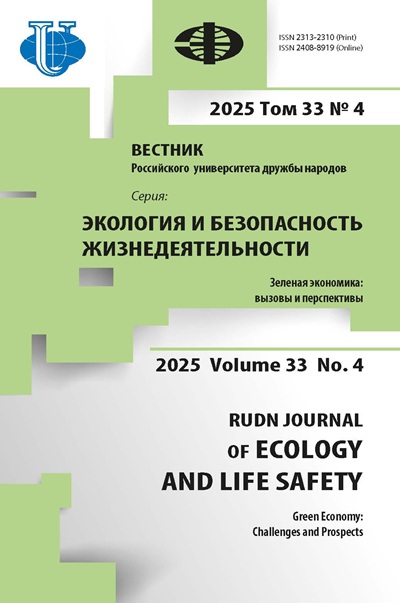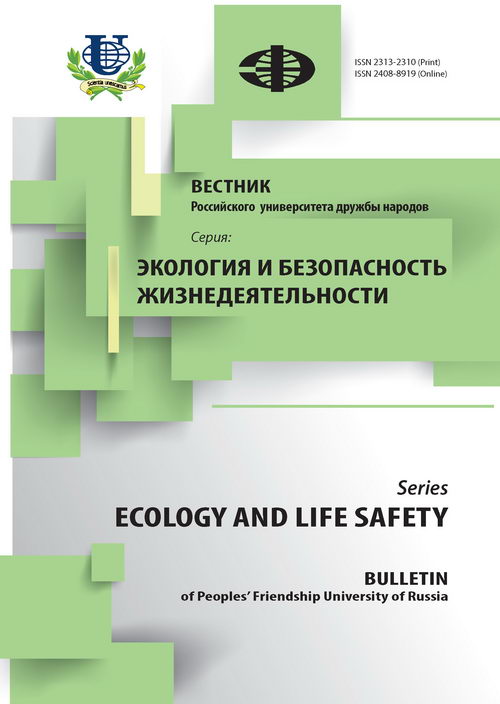The integrated development features of children living in zones of ecological trouble
- Authors: Shibkova DZ1, Semenova MV1, Shibkov AA1
-
Affiliations:
- FSBEI HE «Chelyabinsk State Pedagogical University»
- Issue: No 1 (2015)
- Pages: 68-77
- Section: Articles
- URL: https://journals.rudn.ru/ecology/article/view/12486
- ID: 12486
Cite item
Full Text
Abstract
Intense anthropogenic pollution remains is a serious problem of many industrial cities in industrialized countries, in connection with theincreasing information on the deterioration of the health status of the population, especially children's population. The article describes the problem of staying in environmentally disadvantaged areas of the Russian Federation, and itsimpact on the health and development of the children of school age. In conclusion, it is noted that for preserving the health of school-aged children in an environment with high anthropogenic pressures are especially significant thedevelopmentofsocial-hygienic monitoring on the basis of the system approach, thedevelopmentofprenosological diagnostics and physiologically adequate organization of the educational environment.
About the authors
D Z Shibkova
FSBEI HE «Chelyabinsk State Pedagogical University»
Email: shibkova2006@mail.ru
Department of anatomy, physiology of human and animals natural-technological faculty
M V Semenova
FSBEI HE «Chelyabinsk State Pedagogical University»
Email: writeme.85@mail.ru
Department of anatomy, physiology of human and animals natural-technological faculty
A A Shibkov
FSBEI HE «Chelyabinsk State Pedagogical University»
Email: a.a.shibkov@mail.ru
Department of anatomy, physiology of human and animals natural-technological faculty
References
Supplementary files















